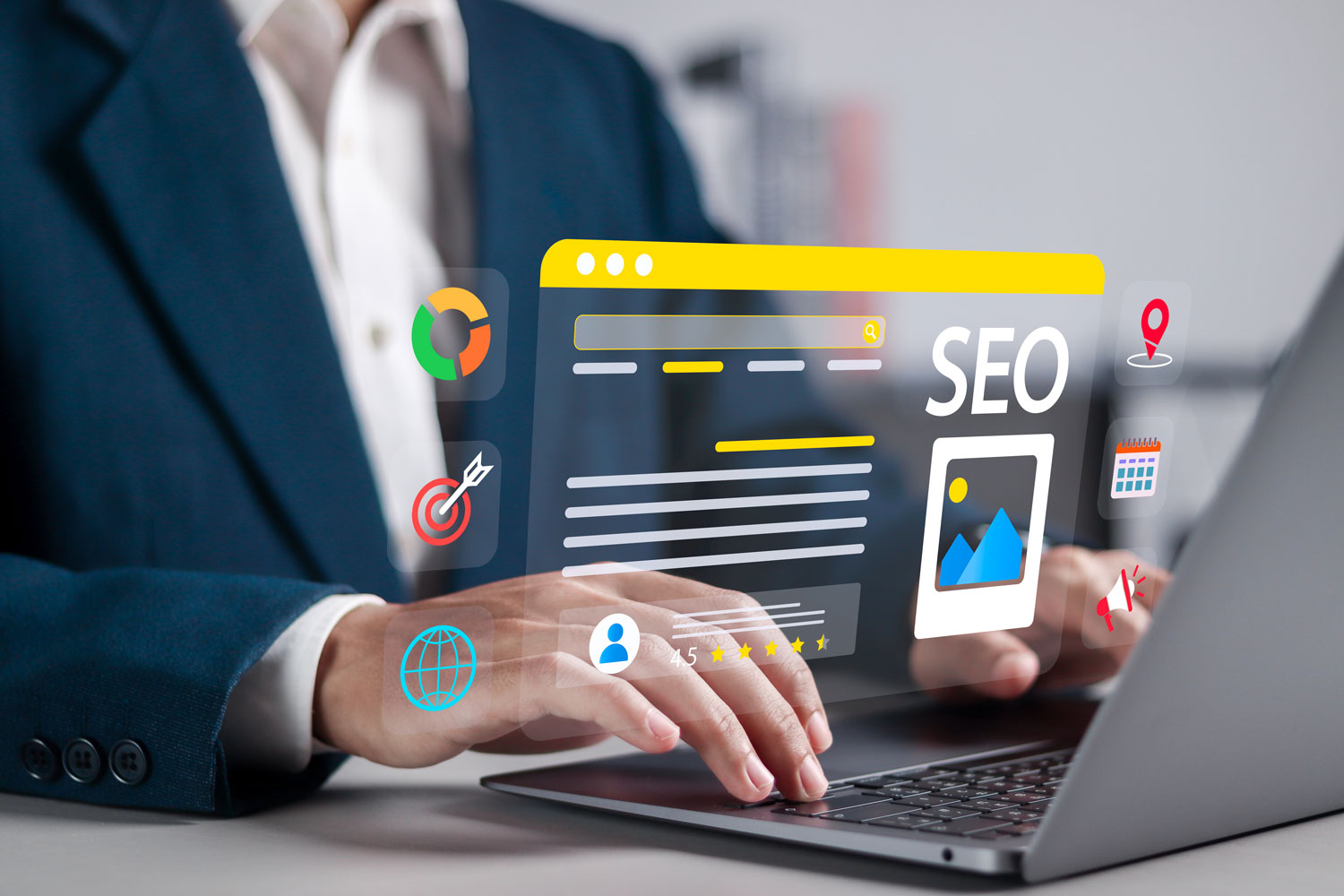It seems strange to think that we are living in an age that was once speculated about in books, films, and television shows created at some point in the last century. While the thought of hover cars and flying skateboards still seems to be part of some laughable, gimmicky future, there are many aspects of those shows and stories that have gradually come to be.
The idea of the ‘house of the future’ was one that was often pedalled in chrome-plated TV adverts and double-page spreads in the 50s, 60s, and 70s. With the sci-fi genre just starting to catch on, aliens, robots, and futuristic technology were everywhere – from the clothes people wore to the way they decorated their houses.
Cartoonish predictions
Many good examples of what mid-late 20th century audiences believed the future had in store, can be found in the children’s television show The Jetsons. First aired in 1962, The Jetsons portrayed a colourful, larger-than-life family who went about their everyday goings-on a mere 100 years in the future (2062). Although meant to purely entertain sci-fi smitten audiences of the 1960s (right up until their finale, The Jetsons Movie, in 1990), on reflection, the ABC show ended up doing a little more than entertain.
From its robot housekeepers - now mirrored by the Japanese AI creation ASIMO, voice-activated alarm clocks – or as we call her, Alexa, video chats, smartwatches, and drones; the list goes on! Although, we admit, we’re not quite there yet with the flying car thing.
The things that The Jetsons did get right, however, have impacted our lives in more ways than 20th century audiences could’ve imagined. From renovating the way in which the modern home looks and operates, to redefining the idea of the home office, these once-futuristic technologies have arguably transformed our professional lives as much as our personal ones.
For example, here at ICS-digital, we are a prime example of a company made possible by the ways of the modern world, with us, as a company, being perfectly adapted to this modern idea of living. Next to everything we do can be completed to a high standard both in and out of the office. Ten years ago, this wouldn’t have been possible, with video calling technology meaning that ‘virtual meetings’ are now a common aspect of work for us and many other companies. Furthermore, the quality of sites and software now available to business in all industries enables us to create and nurture business contacts all over the planet, from our little office in Leeds – or even from our own homes!
The futuristic checklist
So, what did the past predict our homes would look like exactly? There are many places to look to find answers to this question, from The Jetsons, Back to the Future, and crackly retro one-off television specials that nasally narrated a “day in the life” of a family in a soon-to-be world. This seems like an oddly specific example, but a special aired in 1967 depicted just that. From electronic banking and personal records, wacky kitchen gadgets, and a ‘remote education centre’, the narrator even reads, “there will be no need for social interaction. Everything will be learned and garnered from a computer”.
It seems even those oblivious to the future state of the world predicted our social downfall at the hands of the computer. While, in the same breath, it is this technology that has made us become a more globalised and ‘social’ planet, as well as enabling a plethora of opportunities for new careers that didn’t exist just a decade ago. So, while we laugh at the triviality of the predictions made about flying cars and talking mirrors telling us we look “just fabulous this morning”, without those who dared to imagine our lives today, they very well might not exist as they are.
Working from future’s home
One of these aspects that has changed the way our modern lives and houses operate, is that of being able to work from home, or having entire business powered by freelance workers. As well as the technology I mentioned previously that makes this possible – video conferences, social lead platforms, etc, there are also pieces of physical tech that enable us to freely work these jobs, as well as start our own businesses from our bedrooms.
For example, even 20 years ago, the idea of being able to carry around a couple of Terabytes of storage in your pocket would’ve been laughable. What would once take 50 computers to store can now be slipped into your back pocket in the form of a portable hard drive. It may seem like a banal factor of home-working, but it is incredibly impressive when put into some perspective.
Another industry that benefits from this flexible working is that of design. Today tech such as the iPad can be transformed into a workstation. With the help of some sturdy software and a stylus, buildings are designed in people’s laps and, even more so now, in 3D with the help of Virtual Reality software. What would have taken a moderately chunky calculator and several proofreaders in the past, it now takes seconds for software to scale up dimensions of a product or entire building, allowing the designer to create freely within their own flexible environment.
How will it look?
With all this technology and possibilities at our fingertips, the only thing left to do now, as is the inherent way of humanity, is to go further. Yes, I’m sure that, one day, our over-developed interest in Artificial Intelligence will come back to render us useless and feeble as a species but, for the time being, it’s cool, right?
There’s no doubt in anyone’s mind that this tech will go further, and that we will soon have AI home-based commodities that we can fully interact and hold a humanoid conversation with. However, let’s hope we live in a future that’s less Avengers: Age of Ultron, and more Big Hero 6.
Furthermore, will the need for an office be completely nullified, and will the drag of the daily commute be something of the past? Could we soon be in virtual meetings, looking our line manager directly in the face through a VR headset, with nowhere to hide…?
Or could the future be a lonely one? With no need to leave the house or gain any real human interaction, could we soon be a lost society? I mean, we’re already pretty lost, but I don’t want to end up like Joaquin Phoenix in Her.
Whatever happens, I don’t know about you, but part of me is looking forward to myself and my work colleagues sat around a table taking orders from a hologram of a cloaked figure. “Execute the client deal.” That’s my dream, anyway.
Similar Posts










